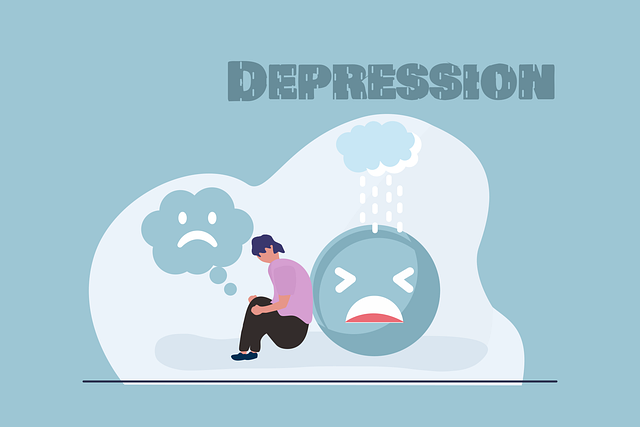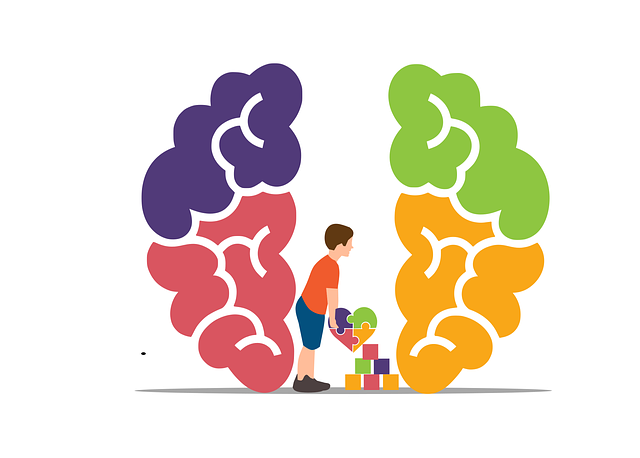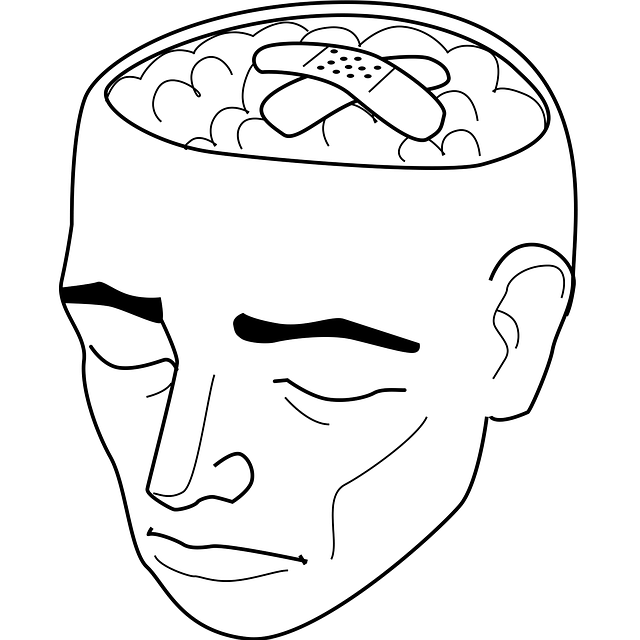Stress management is a critical component of holistic well-being for individuals with developmental disabilities. Superior Developmental Disability Therapy offers personalized techniques like journaling, structured exercise, mindfulness practices, and compassion cultivation to reduce stress levels and promote emotional regulation. These strategies, combined with public awareness campaigns and stigma reduction efforts, empower clients and caregiving professionals to navigate challenges effectively, enhancing overall mental well-being.
Stress management techniques are essential for individuals with developmental disabilities, as stress can significantly impact their overall well-being and daily functioning. This article explores effective strategies for teaching stress reduction, focusing on the role of Superior Developmental Disability Therapy. We delve into understanding the unique stressors faced by these individuals and provide practical techniques to empower them. By implementing these evidence-based methods, we enhance quality of life, fostering resilience and improved mental health outcomes.
- Understanding Stress and Its Impact on Individuals with Developmental Disabilities
- The Role of Superior Developmental Disability Therapy in Stress Management
- Practical Techniques for Effective Stress Teaching and Reduction
- Enhancing Quality of Life Through Stress Management Strategies
Understanding Stress and Its Impact on Individuals with Developmental Disabilities

Stress is a universal experience, but its impact can vary significantly among individuals. For those with developmental disabilities, understanding and managing stress is crucial for their overall well-being. These individuals often face unique challenges that can make them more susceptible to heightened stress levels. Sensory sensitivities, communication difficulties, and social interactions can all contribute to increased anxiety and stress.
Recognizing these issues is the first step towards implementing effective solutions. Superior Developmental Disability Therapy emphasizes the importance of personalized stress management techniques tailored to each individual’s needs. Social Skills Training, a key component of such therapy, equips individuals with the tools to navigate social situations more comfortably, reducing potential stressors related to interaction and acceptance. Public Awareness Campaigns focused on mental health also play a vital role in promoting understanding and supporting those with developmental disabilities, including Depression Prevention strategies, as stress-related conditions can manifest as depression or anxiety disorders.
The Role of Superior Developmental Disability Therapy in Stress Management

Superior Developmental Disability Therapy plays a pivotal role in stress management, offering effective tools for individuals facing unique challenges. This specialized approach recognizes that managing stress is an essential aspect of overall well-being and quality of life, especially for those with developmental disabilities. Through tailored interventions, therapists foster the development of coping skills, enabling clients to navigate stressful situations more adeptly.
By incorporating evidence-based practices such as compassion cultivation and various stress reduction methods, this therapy empowers individuals to cultivate resilience and emotional regulation. These techniques not only help in managing immediate stressors but also promote long-term mental well-being. The focus on Compassion Cultivation Practices, for instance, encourages clients to develop a kinder and more understanding mindset, which can significantly mitigate the impact of stressful events and enhance their ability to cope with life’s challenges.
Practical Techniques for Effective Stress Teaching and Reduction

Stress management is a vital aspect of overall well-being, especially for individuals with developmental disabilities who often face unique challenges. Superior Developmental Disability Therapy offers practical techniques to empower clients and caregiving professionals alike. One effective method is incorporating mental wellness journaling as a therapeutic practice. By encouraging self-reflection and expression through writing, individuals can identify stress triggers and develop healthier coping mechanisms. This simple yet powerful tool allows for the exploration of emotions and provides a sense of control over one’s mental state.
Additionally, structured exercise guidance plays a significant role in stress reduction. Regular physical activity releases endorphins, which naturally enhance mood and reduce tension. Tailoring exercises to suit individual needs ensures engagement and promotes a positive association with movement. Moreover, integrating mindfulness practices into daily routines can help individuals cultivate present-moment awareness, fostering calmness and resilience in the face of stressful situations. These techniques, when combined with comprehensive Mental Illness Stigma Reduction Efforts, contribute to a holistic approach to mental health care, ensuring better support for those seeking stress management strategies. Effective risk management planning for mental health professionals is also crucial, enabling them to provide safe and secure environments for clients to practice these coping skills.
Enhancing Quality of Life Through Stress Management Strategies

Stress management strategies play a pivotal role in enhancing the quality of life, especially for individuals with Superior Developmental Disability Therapy needs. By incorporating techniques such as Mental Wellness Coaching Programs Development and Emotional Well-being Promotion Techniques, people can cultivate resilience and improve their overall mental wellness. These practices enable them to navigate challenging situations more effectively, fostering a sense of calm and control.
Compassion cultivation practices have proven particularly beneficial in this context. They help individuals develop a deeper understanding of their emotions, promoting self-compassion and reducing the negative impact of stress. Through these strategies, people can transform their relationship with stressors, leading to lasting improvements in their emotional well-being.
In light of the significant impact of stress on individuals with developmental disabilities, integrating practical stress management techniques through superior developmental disability therapy is essential. By understanding the unique stressors and employing evidence-based strategies, therapists can enhance the quality of life for these individuals. This holistic approach not only equips them with valuable coping mechanisms but also fosters overall well-being and resilience. Through continued research and collaboration, the field can further refine these methods to create a more supportive environment tailored to their specific needs.













